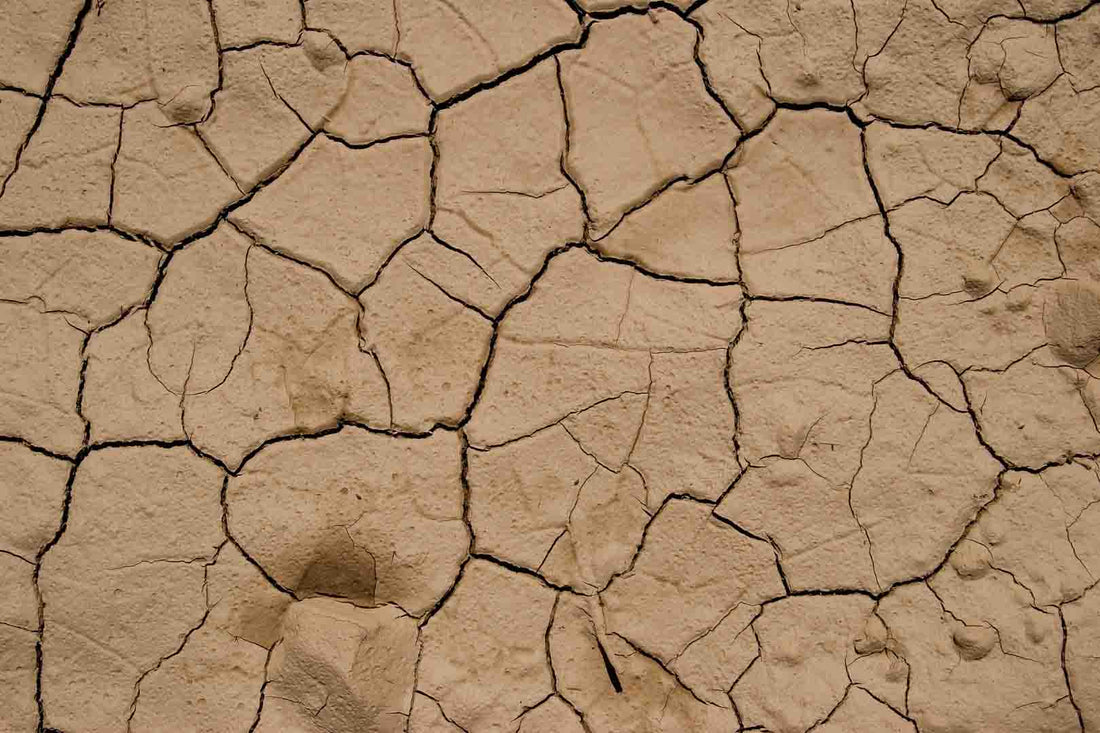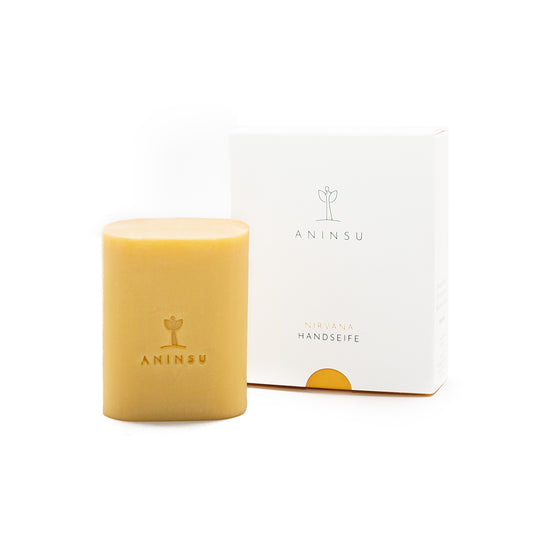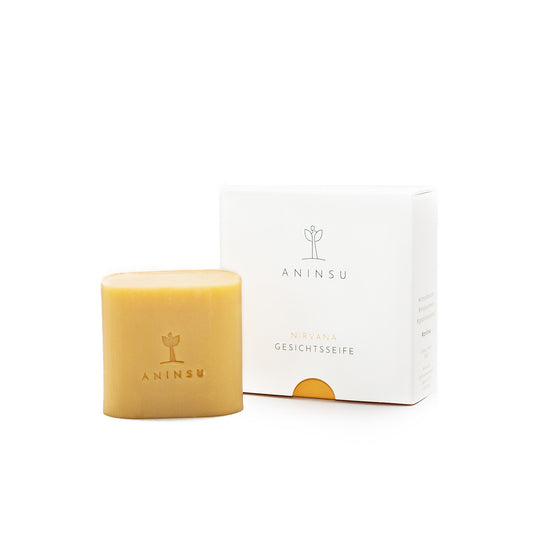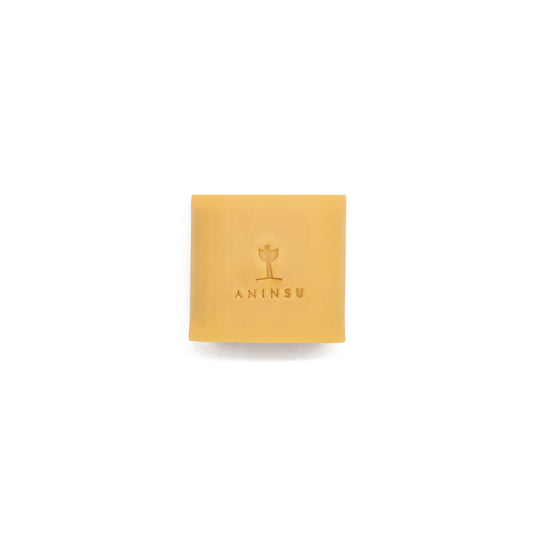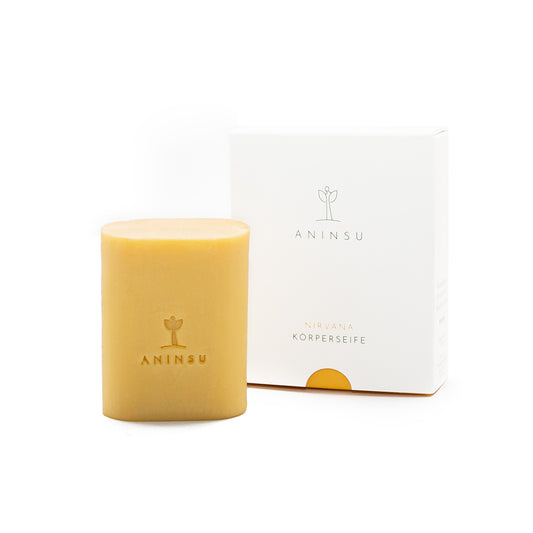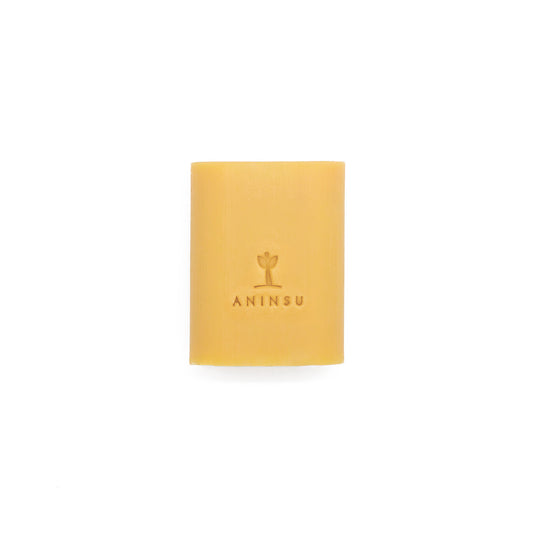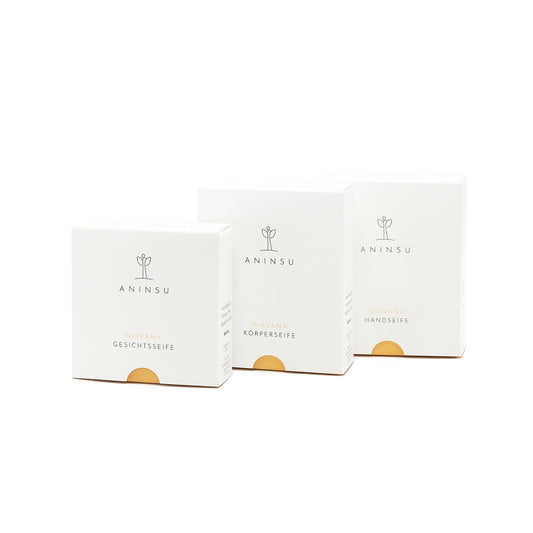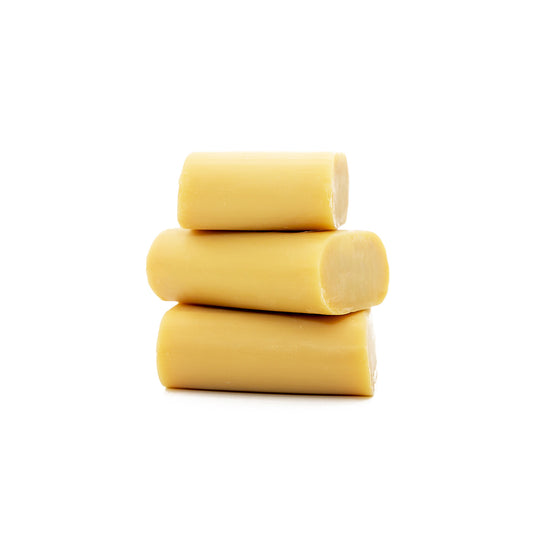Dry skin and dehydrated skin are two terms that are often used interchangeably, but are actually independent phenomena. It is important to understand their differences and similarities in order to choose the right care for your skin needs.
What is dry skin?
Dry skin is a skin type in which the skin produces insufficient oil or lipids. As a result, there is a lack of adequate moisture and the skin tends to feel dry, rough and flaky. People with dry skin often feel that their skin is tight and taut. Skin types are genetically determined, but are also additionally influenced by external factors such as environmental conditions, certain skin care products, diet and age-related changes. A person's skin type cannot be changed.
What is dehydrated skin?
Dehydrated skin, on the other hand, is a condition in which the skin has a lack of water or moisture. Although the skin may produce enough oil, it still feels dry and flaky. Dehydrated skin can be caused by a number of factors, including environmental stress, inadequate hydration, excessive sun exposure, air conditioning and/or certain medications. Dehydrated skin is a reversible condition that can be treated.
Differences and similarities
The main difference between dry skin and dehydrated skin is the underlying cause. Dry skin is a skin type characterised by insufficient oil production, while dehydrated skin is due to a lack of water or moisture. However, both conditions can have similar symptoms, such as dry, flaky and uncomfortable skin.
Another difference is the focus of treatment. For dry skin, care aims to strengthen the skin's lipid barrier and lock in moisture, while for dehydrated skin, the goal is to restore the skin's moisture content and improve water retention.
Caring for dry and dehydrated skin
Taking care of dry and dehydrated skin requires a careful and targeted approach. Here are some tips that can help you improve the well-being of your skin:
- Use mild cleansing products: Choose gentle cleansing products that do not dry out the skin and retain the natural moisture content. Our replenishing Nirvana soaps are perfect for this.
- Use a moisturising serum: Complement your skincare routine with a moisturising serum that contains highly concentrated ingredients to boost skin's moisture levels.
- Apply moisturisers: Choose moisturising creams or lotions that are rich in natural moisturisers such as hyaluronic acid, glycerin or ceramides. These ingredients help to improve the skin's moisture content and lock in moisture.
- Exfoliate gently: Regular, gentle exfoliation can help remove dead skin cells and improve moisture absorption. However, avoid harsh exfoliating products that may further dry out the skin.
- Apply protective cream in cold weather: In cold weather, the skin can be particularly dry and sensitive. Use a rich protective cream to protect the skin from the cold and wind.
- Avoid hot showers: Long, hot showers can dry out the skin. Try to use warm water and limit the shower time. The same goes for bathing: use warm water, preferably for no longer than 10-15 minutes.
- Drink enough water: Regular hydration is crucial for hydrated skin. Make sure you drink enough water to keep your body hydrated.
- Protect yourself from the environment: Protect your skin from extreme temperatures, wind and sun exposure by using appropriate sunscreen and protective clothing.
- Avoid irritating ingredients: When choosing skincare products, be sure to avoid irritating ingredients such as alcohol, which can dry out the skin.
- Use a humidifier: A humidifier can help to increase indoor humidity and thus moisturise the skin.
By following these skin care tips, you can improve the health and well-being of your dry or dehydrated skin. However, it is important to note that every skin type is different, and it may take some time and experimentation to find the right care for your individual needs. This is because, despite commonalities in skin types etc., the condition and health of each skin is very individual, so not every product will work the same for everyone.
Overall, proper care and attention to dry and dehydrated skin is essential to strengthen its moisture barrier and keep it feeling comfortable. Be sure to choose high-quality skincare products that are specifically designed for dry or dehydrated skin, and consult a dermatologist if you have any concerns. With the right care, you can achieve healthy, radiant skin that feels and looks great.


